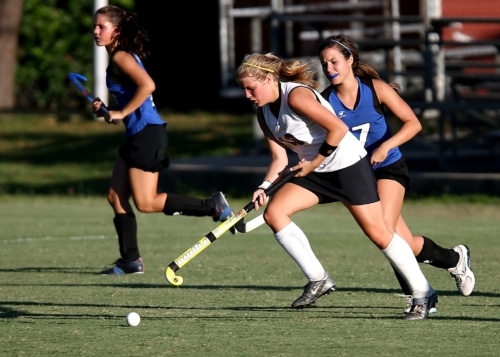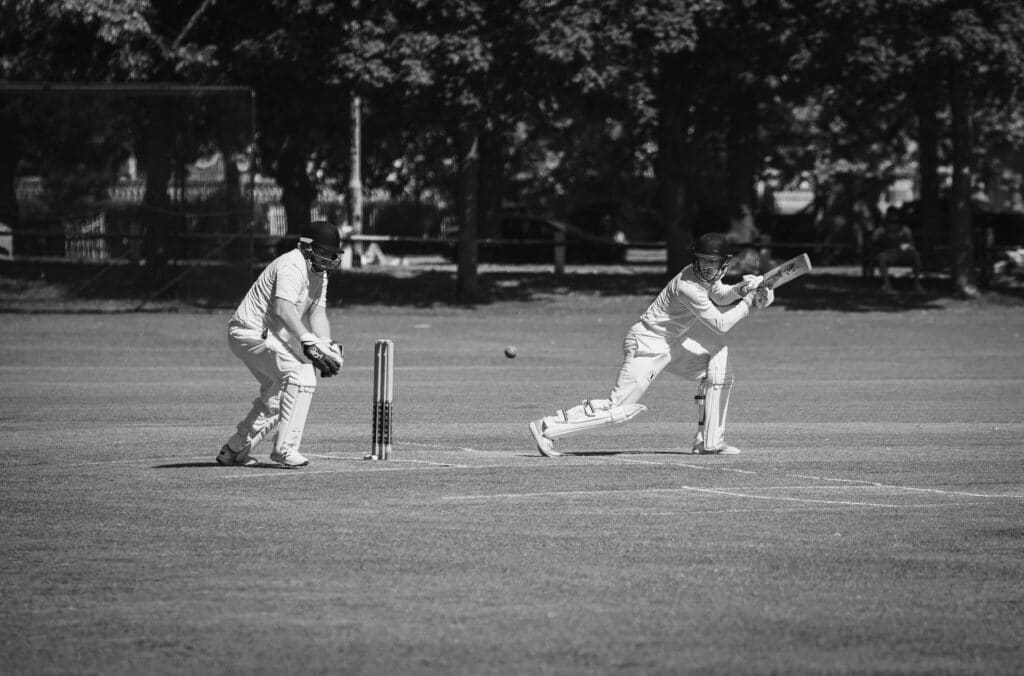The role of physiotherapy for ACL injuries
What we’ll cover
The anterior cruciate ligament (ACL) is one of the most critical ligaments designed to provide stability around the knee. With the middle of winter sporting codes and ski season, injury or rupture to the ACL is one of the most debilitating conditions of the knee.

What causes an ACL injury?
ACL injuries commonly occur during “non-contact” with research showing that approximately 80% of ACL injuries occur without direct contact or trauma from another player or opposition. The most common mechanism of an ACL injury occurs during either a changing direction (pivot) or landing from a jump.
What are the symptoms of an ACL injury?
Injury of the ACL can usually be isolated to a specific event or mechanism. People commonly report a “pop” and giving way of their knee. Acute pain at the time of injury and swelling following the incident can be common. Whilst symptoms of pain and swelling usually settle quickly, episodes of instability of “giving way” may become more prominent following the incident.
How is an ACL injury diagnosed?
Your physiotherapist will perform a number of clinical tests on the integrity of the knee joint. These tests will not only assess the ACL but also a range of other ligaments that provide stability to the knee. These tests place stress on the ligaments and look for any excessive laxity indicating rupture or injury the ligaments.
Diagnostic imaging such as an MRI can also be used to detect for a ligament injury. It may also identify any other sites of injury including the bone or the meniscus. Your physiotherapist is able to refer for ongoing diagnostic imaging if required or may liaise closely with your doctor. X-rays provide very little use when identifying an ACL injury.
Treatment for an ACL injury?
Acute pain and swelling usually start to subside within several days or weeks following injury. However, episodes of instability or buckling of the knee may start to occur. Surgery for ACL injuries is carefully considered depending on a range of factors. Factors that need to be considered prior to surgical management include:
- Do you regularly perform sports or activities which require changing of direction?
- Age
- Regularity and episodes of instability of giving way.
- Future plans and aspirations surrounding physical activity that may involve changing of direction.
Your health professional is well placed to discuss these options with you. If you do not regularly perform sports involving changing of direction and the knee is stable, you may not require surgery.
Malvern East Physiotherapy is well placed to assist you with either conservative or post-operative rehabilitation following ACL surgery. Our physiotherapists have worked with a number of surgeons in providing rehabilitation following knee reconstruction. Your rehabilitation following knee reconstruction aims to restore full range of motion, strength, power and endurance. In addition, your physiotherapists will also ensure you regain balance, proprioception and agility prior to discussing a return to sport.
How do I prevent an ACL injury?
Recent research has identified that improving your agility and neuromuscular control can reduce the likelihood of injuries. Factors that influence this include your proprioception (ability to sense the position of the joint), muscular strength and flexibility.
Specific exercises focused primarily on improving the quality of movement around changing direction and landing. These exercises commonly target muscle groups including the quadriceps, gluteals, hamstrings and core. It is important to focus on improving not only strength, but also endurance to ensure that these muscle groups work efficiently in a fatigued state. Your physiotherapist is an expert in guiding you through a comprehensive preventative program to reduce the likelihood of ACL injuries.
Once mastered, these exercises are often encouraged to be performed as part of any training program or warm up routine.
If you have experienced an ACL injury, undergoing rehabilitation or would like to reduce the likelihood of injury, call us today on 9571 6888 or book online.

